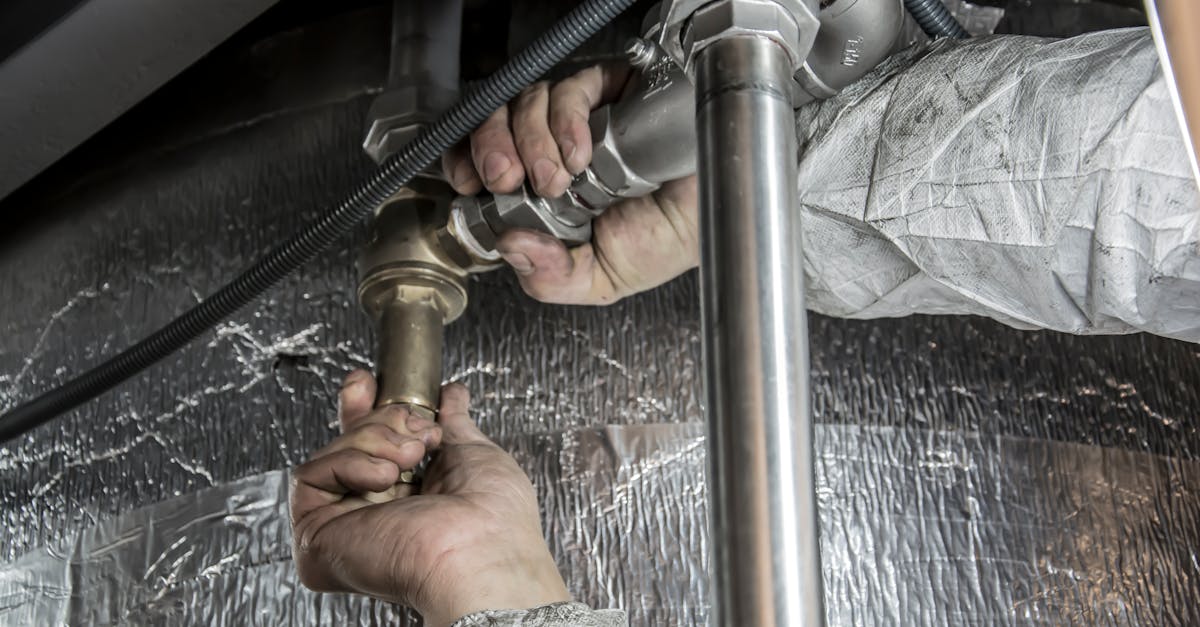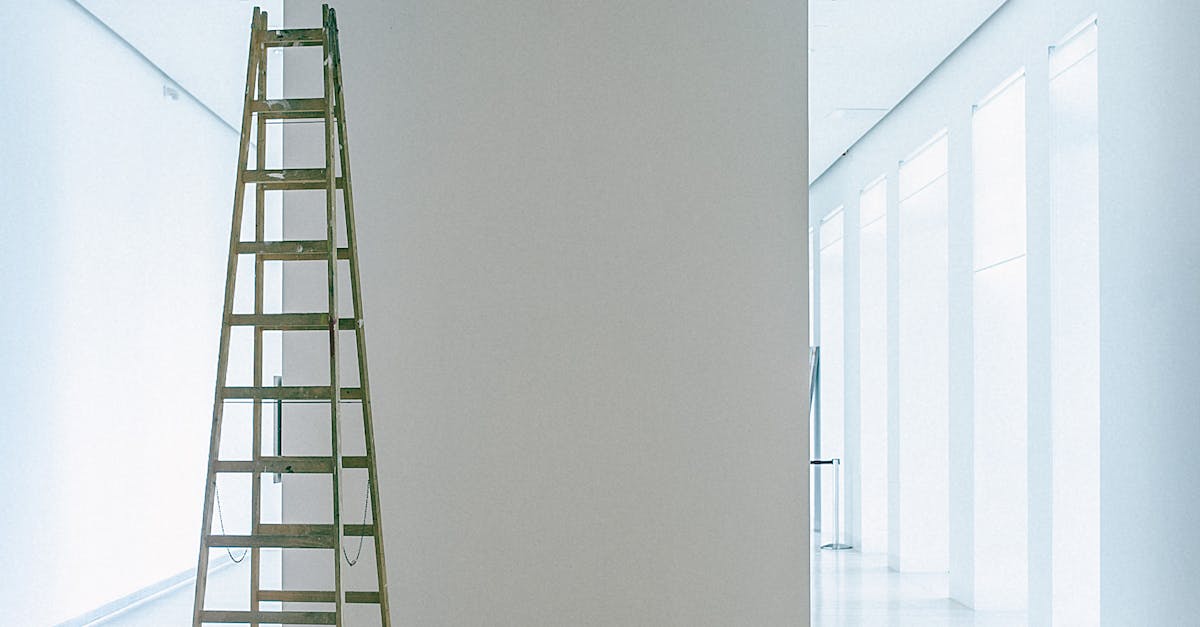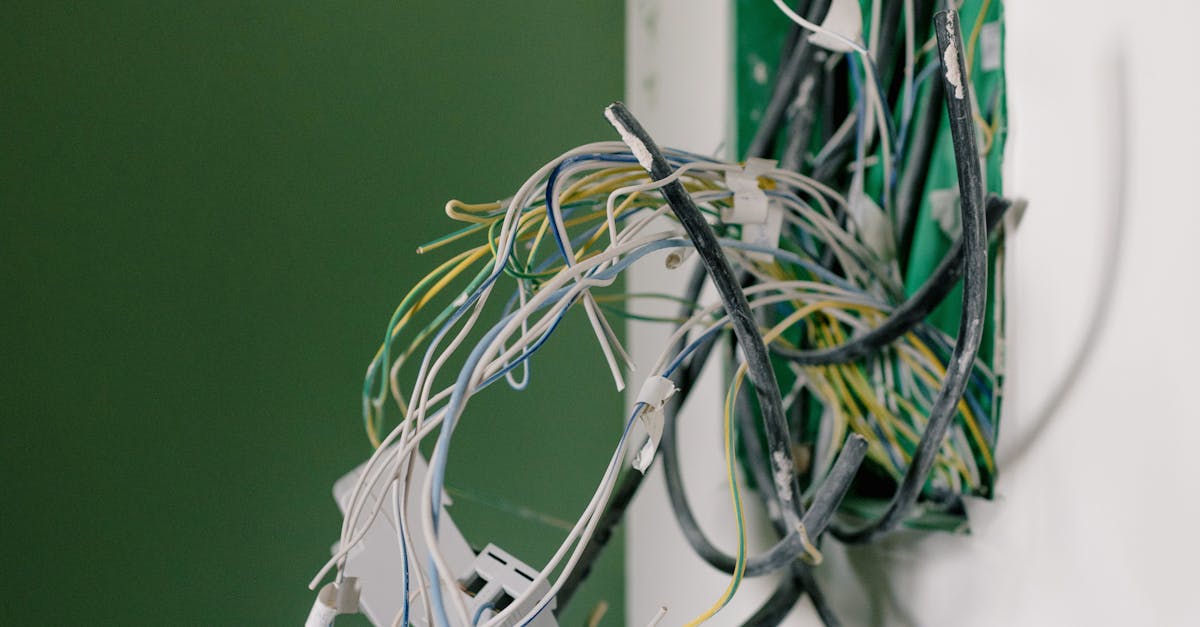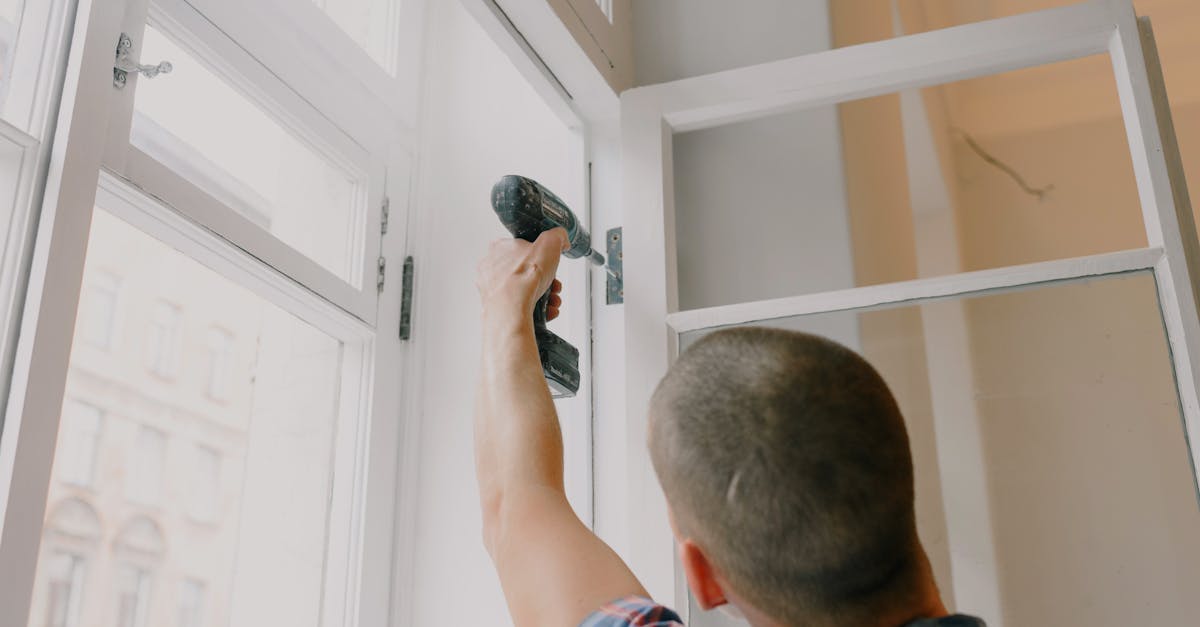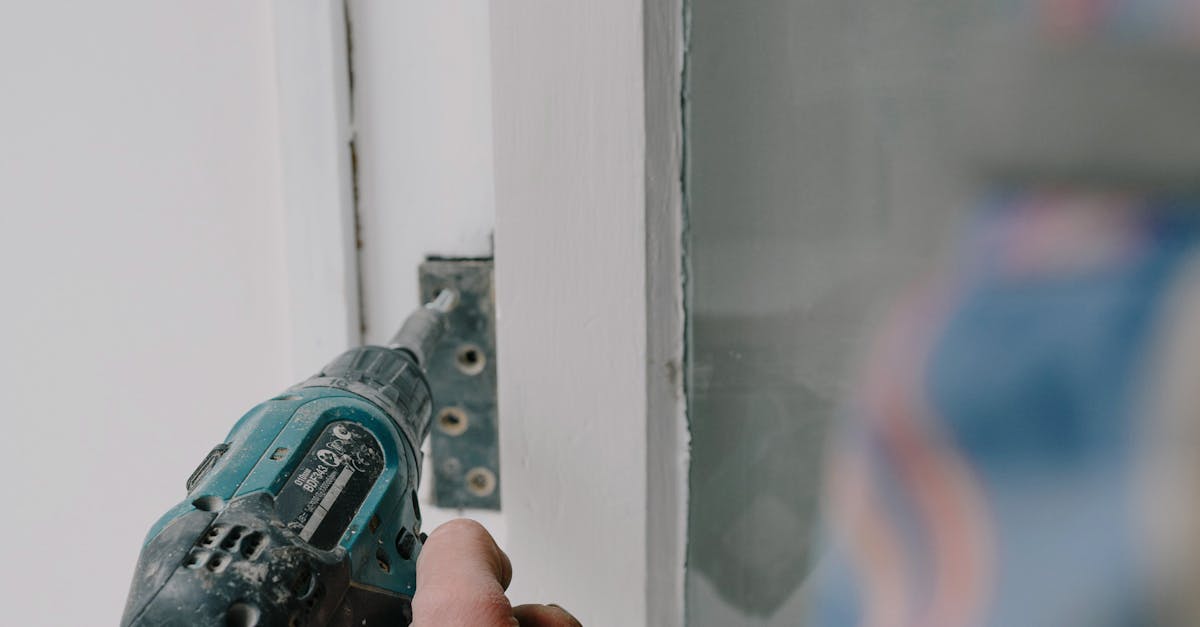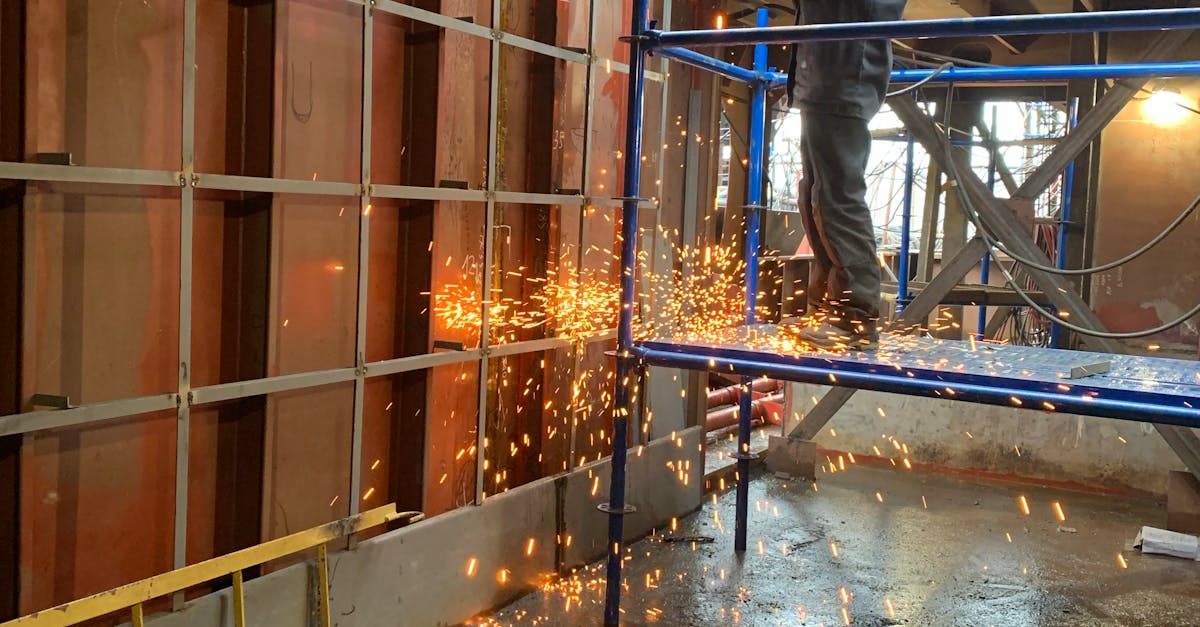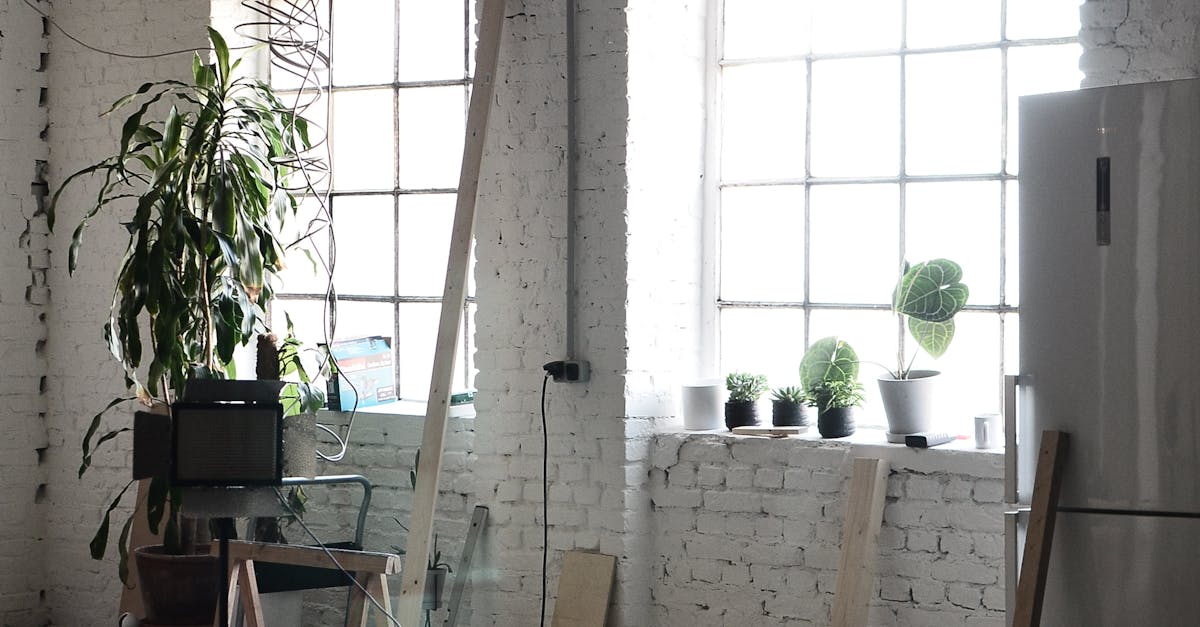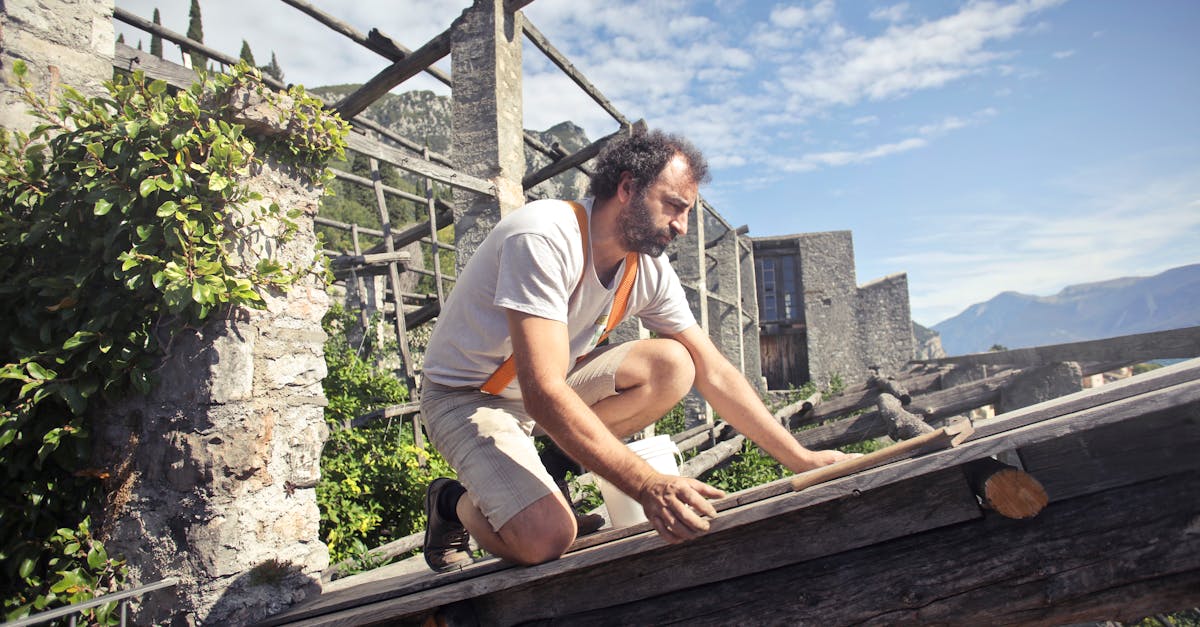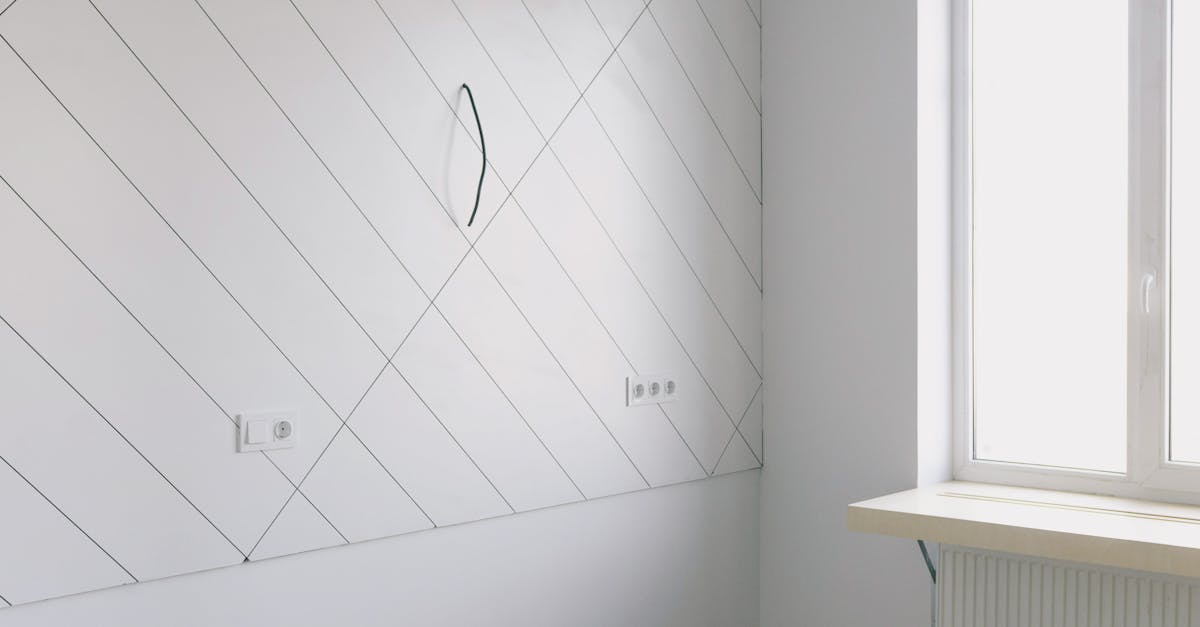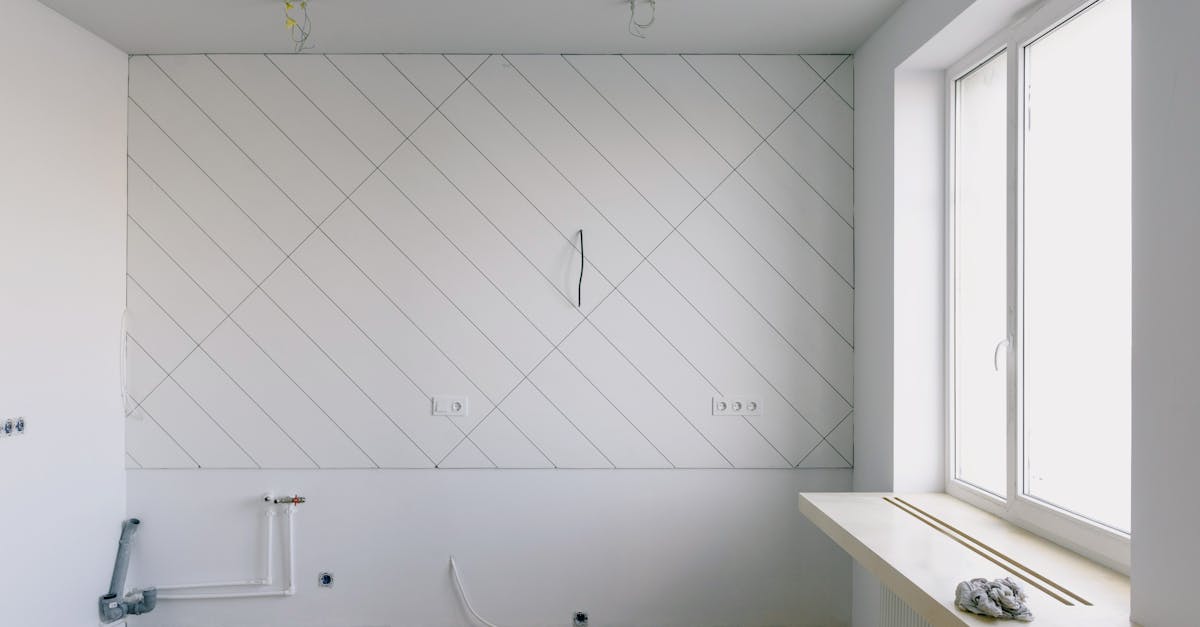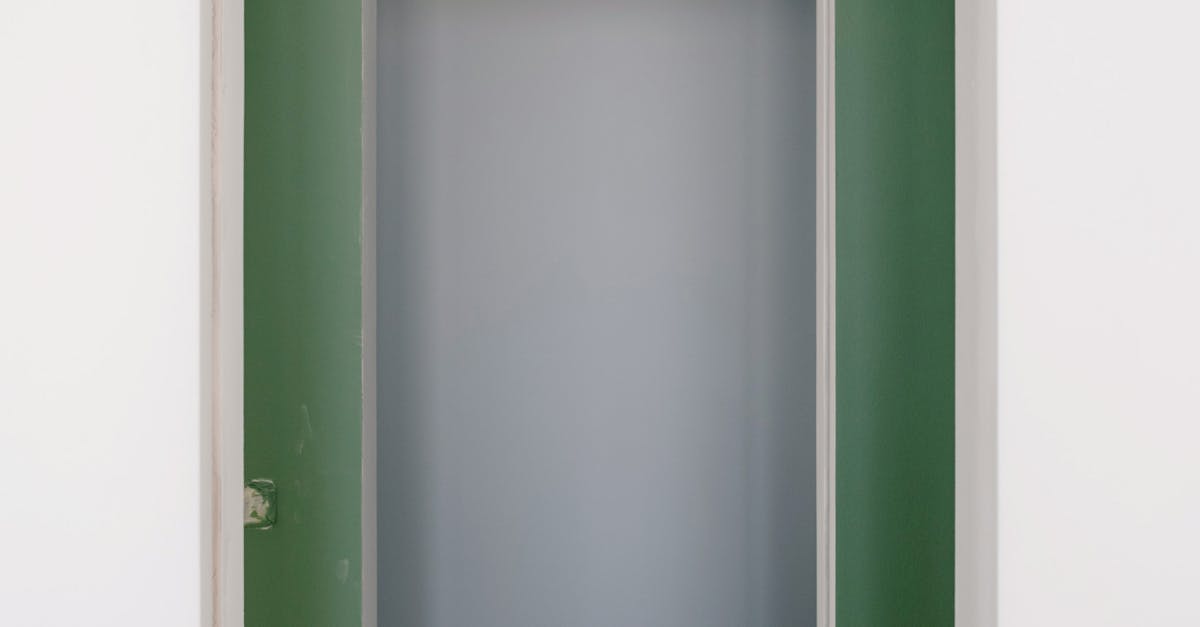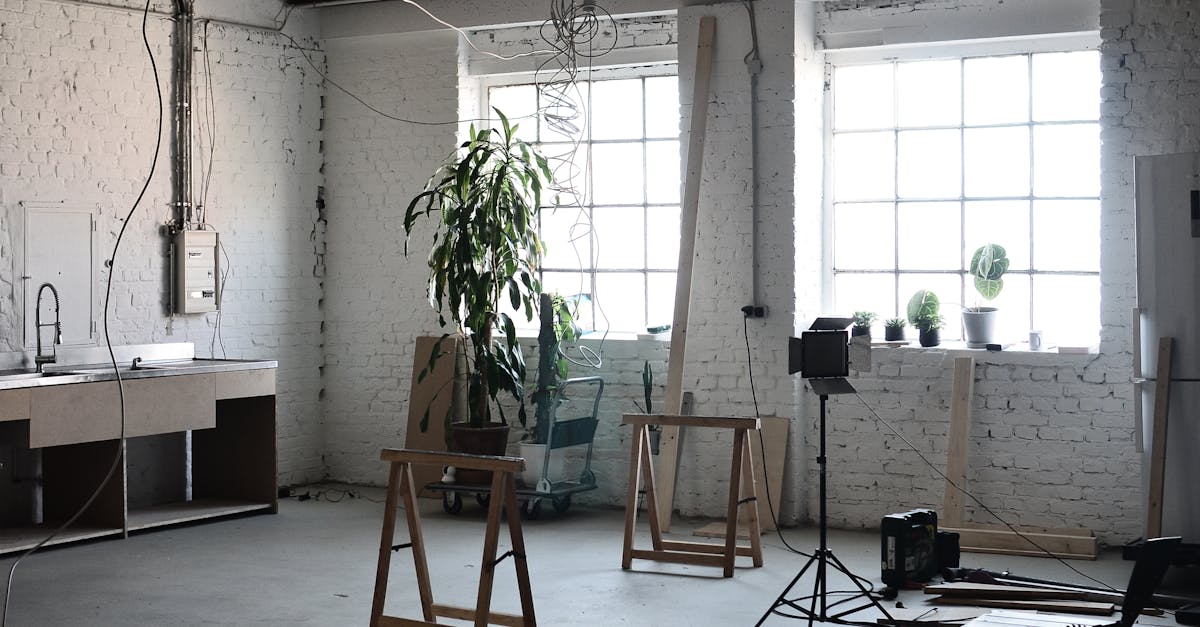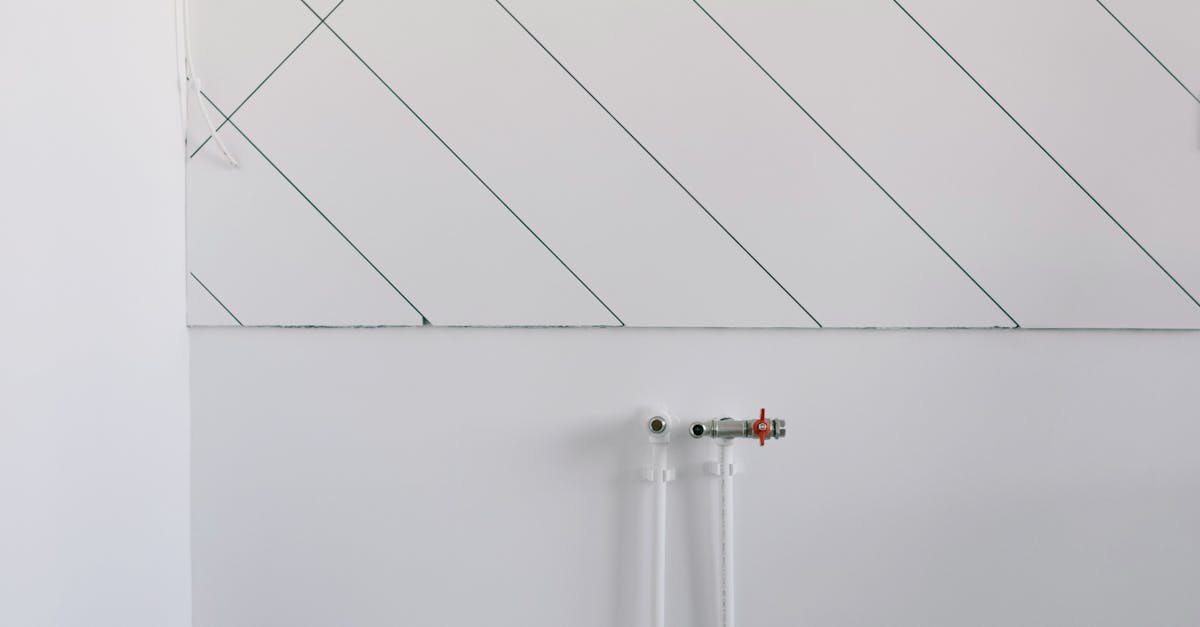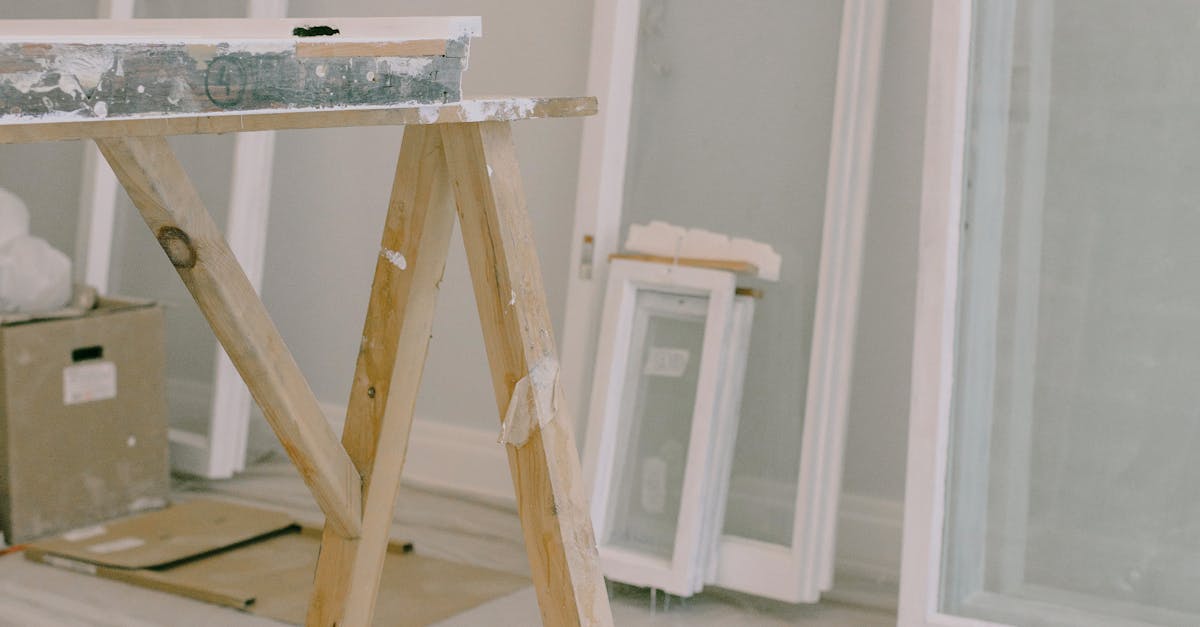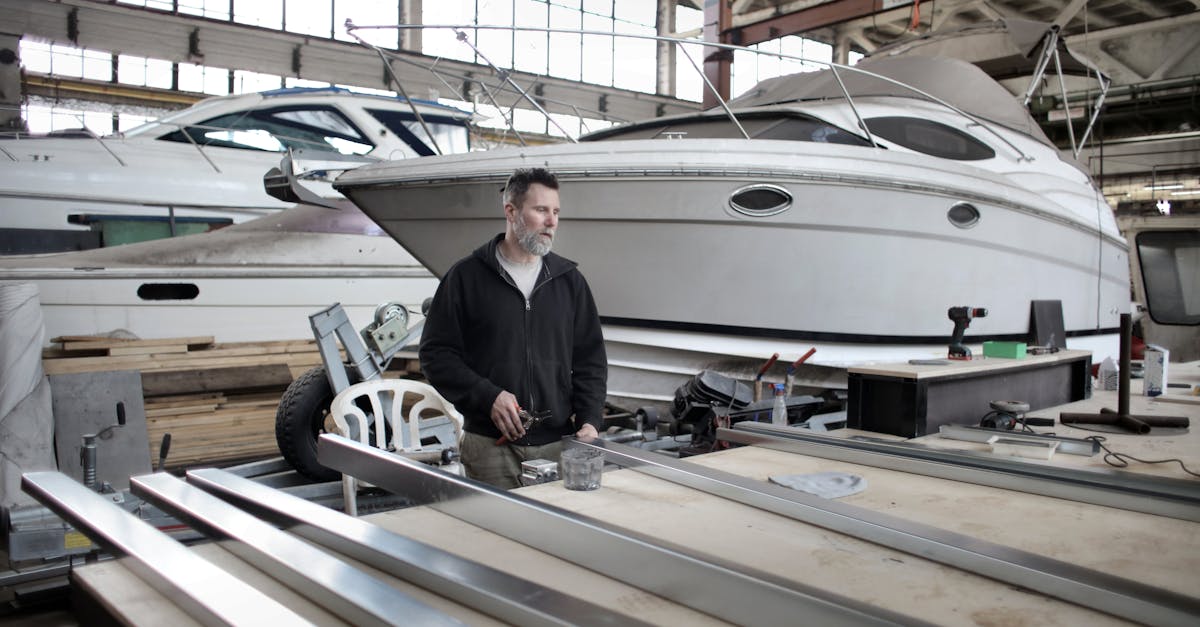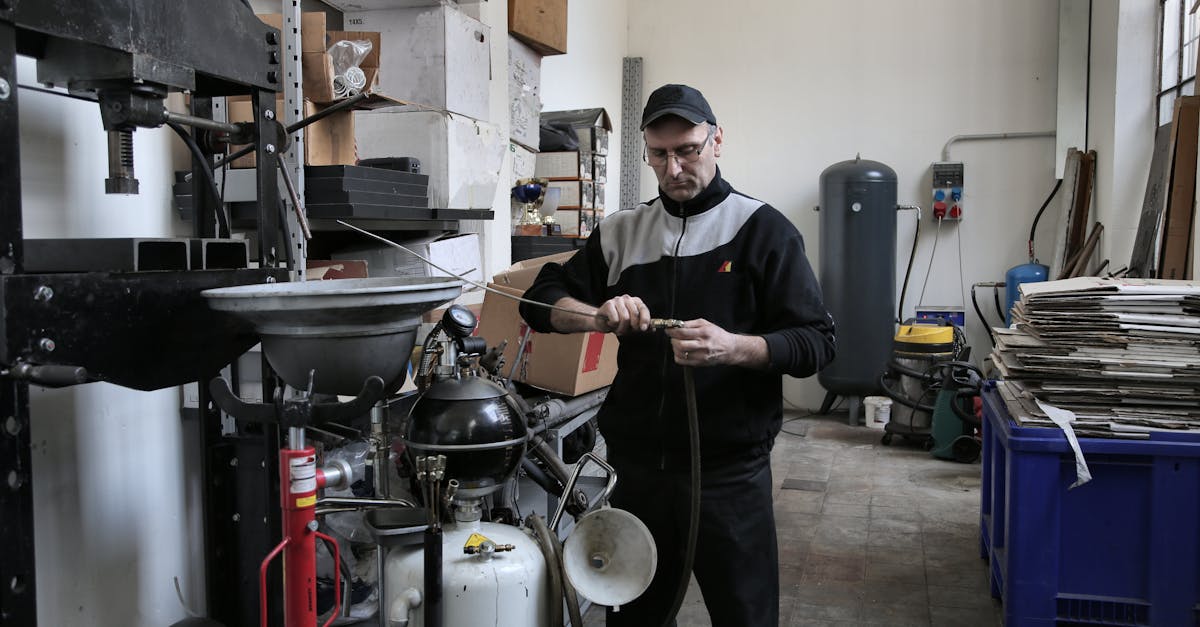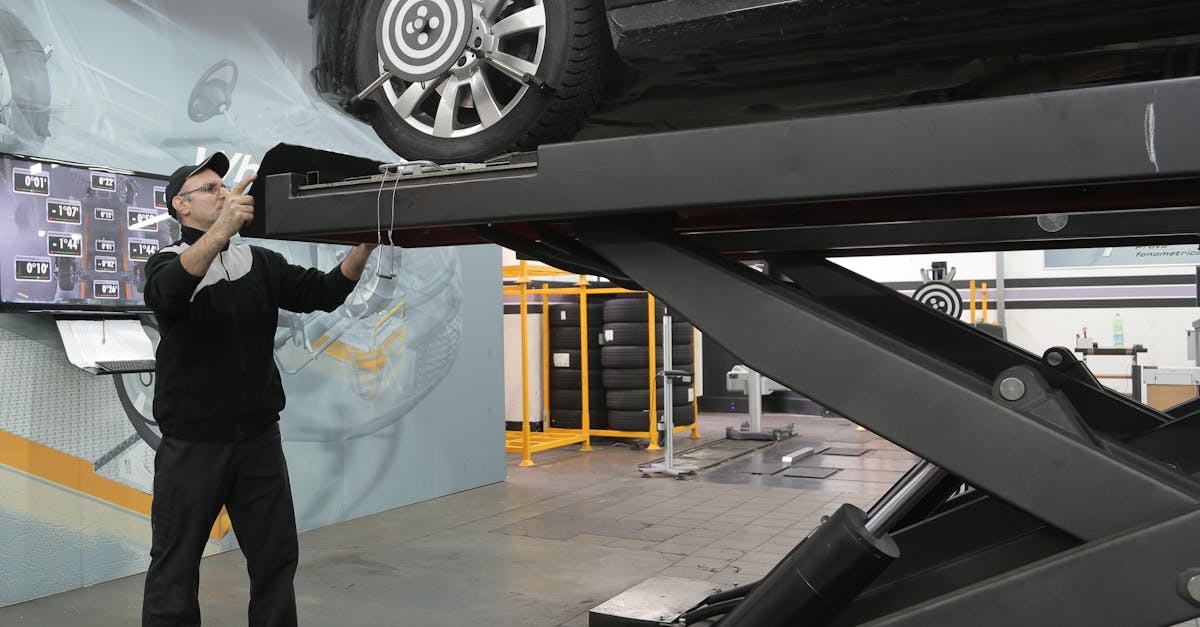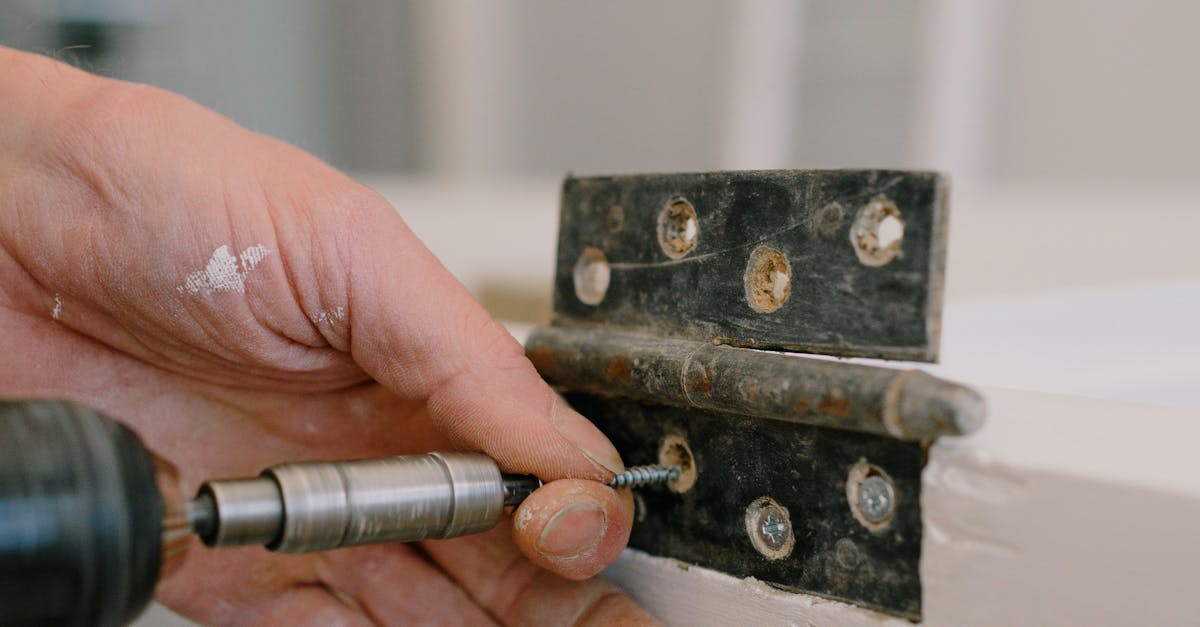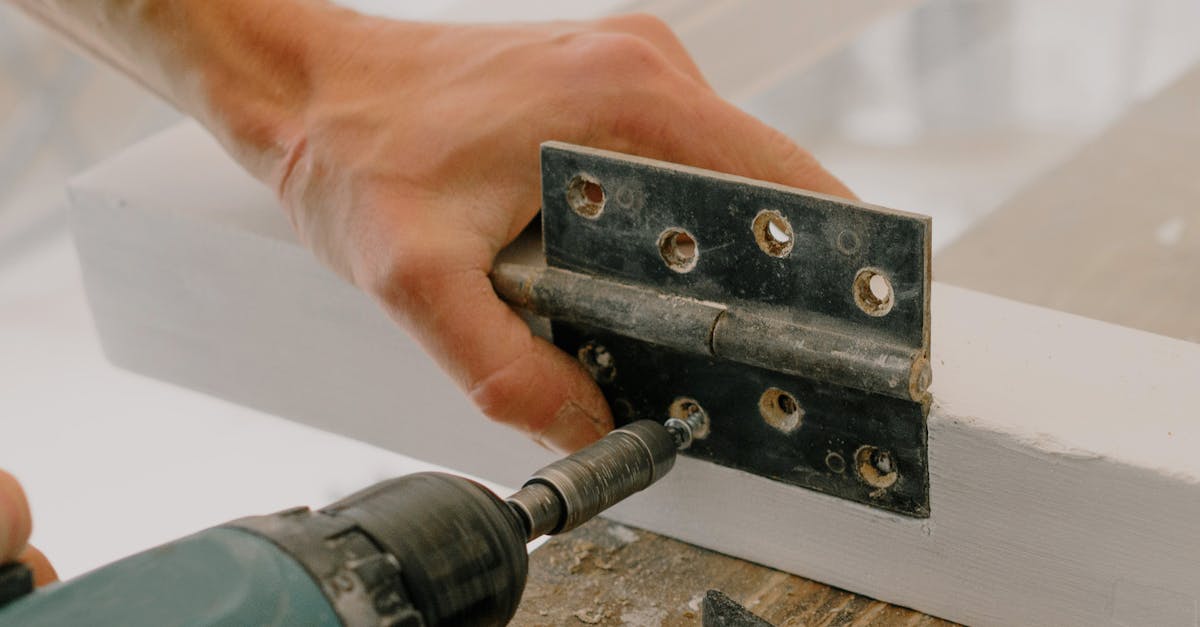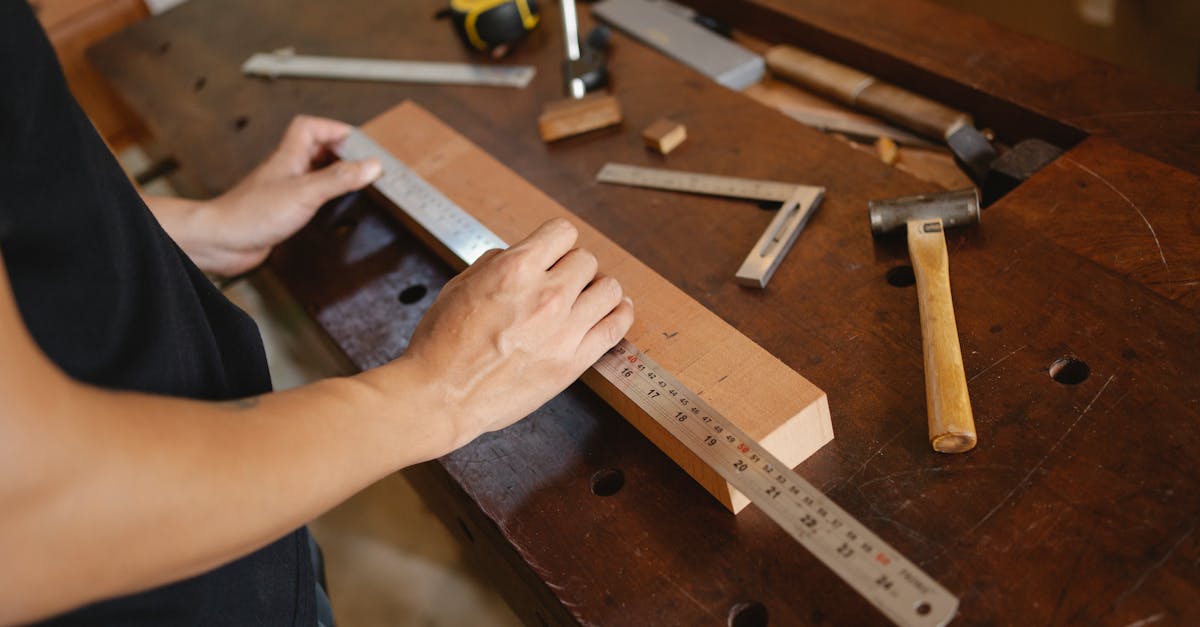
Table Of Contents
Cost Factors in Gas Line Installation
Cost factors for gas line installation can vary significantly between residential and commercial properties. In residential settings, installation often involves less complex systems, which can reduce overall costs. However, additional elements such as the length of the gas line, the materials used, and any specific requirements set by local regulations can still impact the budget. Homeowners should also consider the costs associated with obtaining necessary permits and the labour involved in the installation process.
In contrast, commercial gas line installation and repair generally entails a more extensive scope of work. These installations may require more sophisticated systems to accommodate higher demand and larger spaces. Consequently, businesses may face increased expenses due to the need for advanced materials, specialised equipment, and the expertise of licensed professionals. Evaluating these factors is crucial for businesses aiming to ensure efficiency while remaining within their budget constraints.
Budgeting for Residential vs. Commercial
Budgeting for gas line installation and repair in residential settings often involves a more straightforward approach. Homeowners typically have a set budget, allowing them to make decisions based on their immediate needs. Factors such as the length of the gas line, materials used, and the complexity of the installation can influence costs. Smaller projects may require fewer resources, leading to less significant investments.
In contrast, commercial settings necessitate a more detailed budgeting process. Businesses usually have larger requirements and might involve multiple installations or complex systems to accommodate various appliances and equipment. Regulations and compliance standards can also increase costs. Additionally, the potential need for ongoing maintenance and monitoring should be factored into the overall budget, ensuring that the gas line installation and repair meet operational demands without compromising safety or quality.
The Role of Licensed Professionals
The complexity of gas line installation and repair necessitates the involvement of licensed professionals. These experts possess the training and knowledge required to adhere to local regulations and industry standards. Their skills ensure that the gas systems are installed correctly and function safely, minimising potential hazards. Engaging a licensed professional reduces the risk of accidents and ensures compliance with legal requirements, thus protecting both the homeowner and the property.
In residential settings, licensed professionals play a crucial role in providing tailored solutions that meet specific household needs. They assess the existing infrastructure, offering expert advice on the best practices for installation and maintenance. In commercial environments, their expertise becomes even more paramount, as the scale and complexity of gas line systems often demand comprehensive planning and execution. The proficiency of licensed professionals in gas line installation and repair secures not only functionality but also the safety of all occupants.
Ensuring Quality and Safety
Ensuring quality and safety in gas line installation and repair requires adherence to strict regulations and industry standards. Licensed professionals undergo rigorous training and possess the necessary expertise to manage installations that comply with safety codes. Their knowledge extends to understanding the potential hazards associated with gas usage, including leaks and pressure issues. By employing qualified tradespeople, property owners can mitigate risks and enhance the overall safety of their homes or businesses.
Routine inspections and maintenance play a crucial role in the longevity of gas lines. Regular checks allow for the identification of wear or damage before problems escalate into dangerous situations. Professional monitoring can detect leaks early, significantly reducing health and environmental risks. By prioritising these practices, property owners ensure that their gas line installation and repair systems remain efficient and secure, ultimately safeguarding their investments and the wellbeing of their occupants.
Maintenance Practices for Gas Lines
Regular maintenance of gas lines is crucial to ensure safety and efficiency in both residential and commercial settings. Homeowners and business operators should schedule routine inspections to identify any potential leaks or deterioration in their systems. These inspections may involve checking for signs of corrosion or damage, which can lead to serious hazards if left unaddressed. Establishing a maintenance schedule not only prolongs the life of the gas lines but also promotes compliance with safety regulations.
Engaging qualified professionals for gas line installation and repair is essential for performing thorough maintenance. Licensed specialists can provide precise evaluations and recommend appropriate actions based on the condition of the gas lines. Their expertise ensures that any necessary repairs or replacements are completed to the highest safety standards. Prioritising this level of care contributes significantly to the overall reliability and safety of gas systems, minimising the risk of accidents and inefficiencies.
Regular Inspections and Monitoring
Regular inspections and monitoring are crucial components of effective gas line management. Homeowners and commercial property owners should establish a routine schedule for checking gas lines to detect potential leaks or corrosion. Professional assessments can identify issues early, preventing costly repairs and ensuring compliance with safety regulations. For gas line installation and repair, these inspections play a significant role in maintaining operational integrity and safeguarding occupants.
Monitoring systems can also enhance safety, providing alerts for unusual pressure changes or gas concentrations. Implementing technology alongside regular inspections can create an additional layer of protection. Both residential and commercial settings benefit from these practices, as they foster an environment of reliability. Maintaining a proactive approach to gas line maintenance ensures that gas line installation and repair services meet the highest standards of safety and performance.
FAQS
What are the main cost factors in gas line installation?
The main cost factors in gas line installation include the complexity of the project, materials used, labour rates, local regulations, and whether the installation is taking place in a residential or commercial setting.
How does budgeting differ for residential versus commercial gas line installation?
Budgeting for residential gas line installation typically involves fewer complexities and lower costs compared to commercial installations, which may require more extensive planning, larger pipes, and compliance with stricter regulations.
Why is it important to hire licensed professionals for gas line installation?
Hiring licensed professionals ensures that the installation meets safety standards, adheres to local regulations, and minimises the risk of gas leaks or other hazards, providing peace of mind for both residential and commercial property owners.
What maintenance practices should be followed for gas lines?
Maintenance practices for gas lines include regular inspections, monitoring for signs of leaks, ensuring proper ventilation, and addressing any issues promptly to maintain safety and efficiency.
How often should gas lines be inspected?
Gas lines should generally be inspected at least once a year, though more frequent inspections may be necessary for commercial settings or older systems to ensure continued safety and compliance with regulations.
